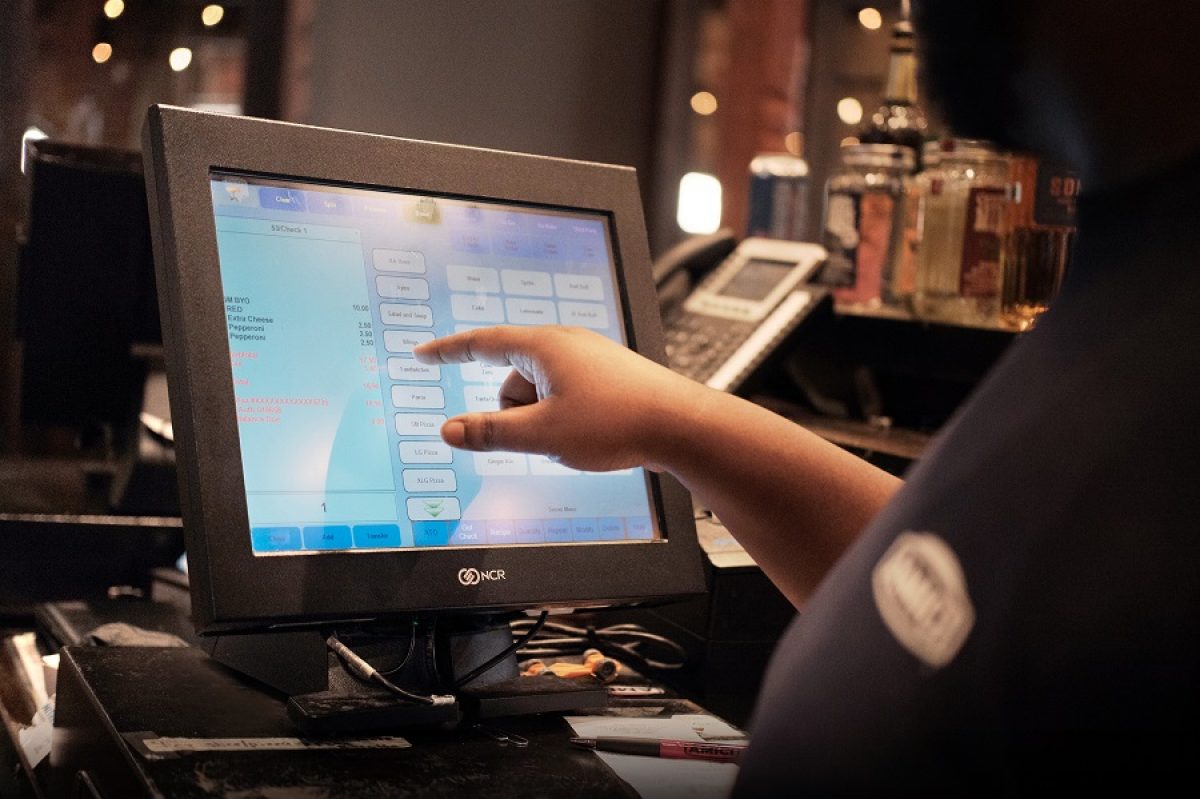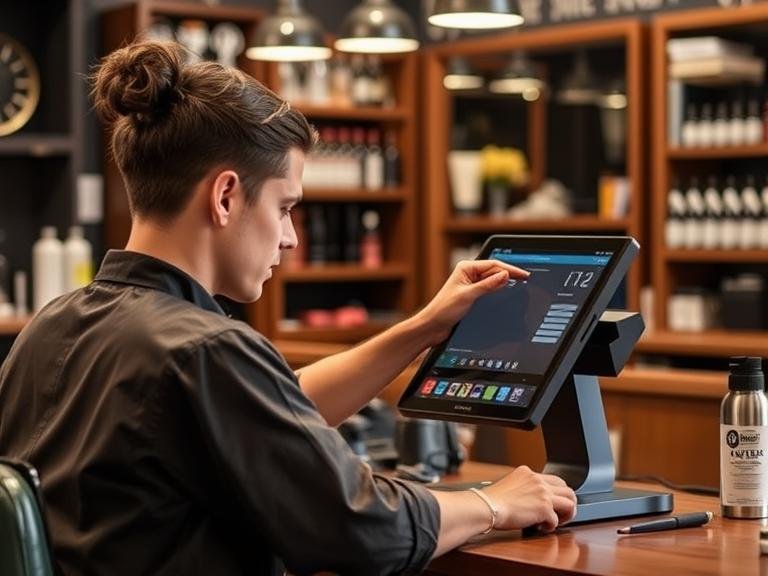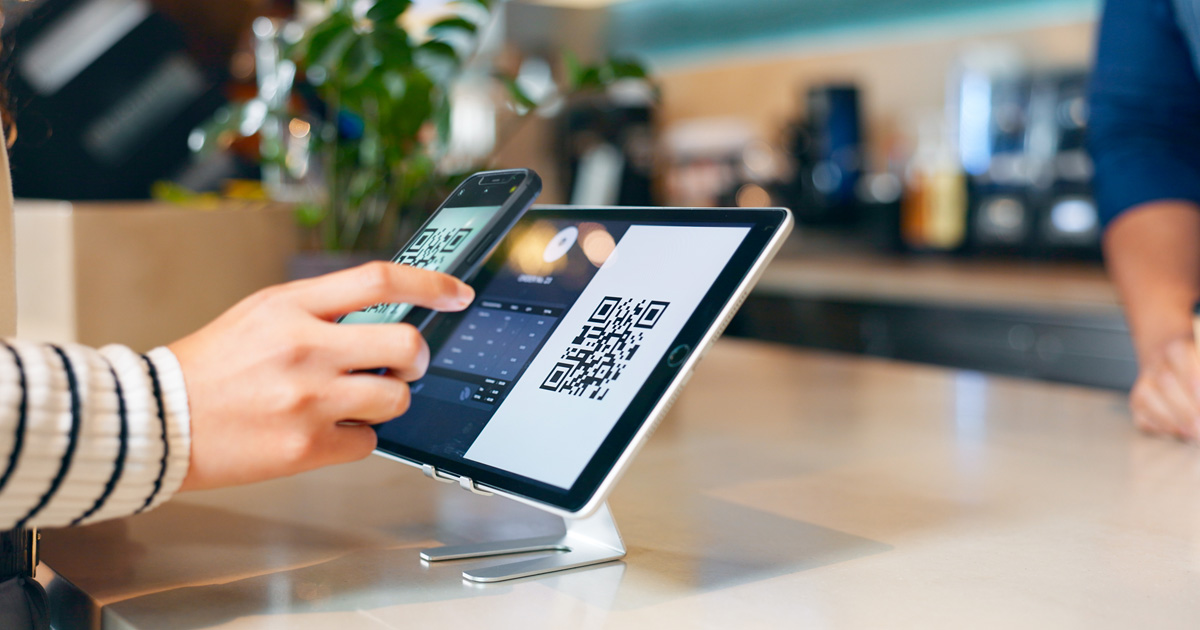How POS Systems Are Revolutionizing Retail

Retail has transformed dramatically in recent years, and one of the driving forces behind this evolution is the Point of Sale (POS) system. Far from being just a tool for processing payments, today’s POS systems serve as the backbone of modern retail operations. From improving efficiency to enhancing customer experience and providing actionable insights, POS technology is reshaping the way retailers do business.
Streamlining Transactions and Reducing Wait Times
Long queues and slow checkouts have always been pain points for retail customers. Modern POS systems solve this by enabling faster and more accurate transactions. Advanced features such as barcode scanning, integrated payment options, and mobile POS terminals allow retailers to process payments in seconds. This not only reduces customer frustration but also improves overall store productivity. In an era where speed matters, POS systems have become essential for ensuring smooth, hassle-free transactions.
Enabling Real-Time Inventory Management
One of the biggest challenges retailers face is managing stock efficiently. Overstocking ties up capital, while stockouts lead to lost sales and unhappy customers. POS systems address this issue with real-time inventory tracking. Every sale automatically updates stock levels, providing businesses with accurate data at all times. Retailers can easily identify best-selling products, forecast demand, and make informed purchasing decisions. By automating inventory control, POS systems minimize errors and eliminate the need for manual stock checks, saving time and reducing costs.
Empowering Data-Driven Decisions
Today’s retail environment is data-driven, and POS systems are powerful tools for generating valuable insights. They track sales patterns, customer preferences, and peak business hours, giving retailers a clearer picture of their performance. These insights help business owners make smarter decisions, whether it’s adjusting pricing strategies, planning promotions, or managing staff schedules. With detailed reporting and analytics, retailers can adapt quickly to changing trends and stay ahead of the competition.
Enhancing Customer Experience
Customer satisfaction is at the heart of retail success, and POS systems play a vital role in improving it. Features such as personalized discounts, loyalty programs, and digital receipts enhance the shopping experience. POS systems also support multiple payment methods, including contactless payments and mobile wallets, catering to modern consumers’ preferences for convenience. A faster, more personalized checkout process leaves customers happy and more likely to return, driving repeat business and long-term loyalty.
Supporting Omnichannel Retail
As shopping habits shift toward online and offline integration, POS systems are bridging the gap. Many modern POS platforms seamlessly integrate with e-commerce stores, allowing retailers to manage all sales channels from a single dashboard. This synchronization ensures consistent pricing, accurate inventory across platforms, and a unified customer experience. Whether a customer shops in-store or online, POS systems keep everything connected, making omnichannel retail a reality for businesses of all sizes.
Increasing Security and Reducing Errors
Security is another critical area where POS systems excel. Built-in encryption and secure payment gateways protect sensitive customer data, reducing the risk of fraud. Additionally, automation in billing and reporting minimizes human errors, ensuring accurate financial records and compliance with tax regulations.
Conclusion
POS systems are no longer just cash registers; they are complete business management solutions that drive efficiency, improve customer satisfaction, and enable data-driven growth. For retailers aiming to stay competitive in today’s fast-paced market, adopting a modern POS system is not just an option—it’s a necessity.






